Deputy Prime Minister Nguyen Chi Dung gave a speech at the National Cooperative Forum 2025.
At the Ceremony to honor Outstanding Cooperatives and present the Cooperative Star Awards "Coop Star Awards 2025" recently held in Hanoi, Deputy Prime Minister Nguyen Chi Dung directed that cooperatives need to consider collective economic development as a continuous political task, thereby allocating appropriate resources for the sustainable development of product value chains of cooperatives and cooperative groups; focusing on proposing solutions and policy mechanisms to remove difficulties and obstacles for cooperative production and business activities.
Cooperatives and cooperative groups must be truly proactive in improving operational efficiency and further promoting linkages along the value chain of key products.
However, most cooperatives have not yet built their own brands, their products are easily "drowned" among countless similar products and easily "eliminated" from the market when having to compete with big brands.
The system of goods management from production to consumption still has many "loopholes". These "loopholes" are causing a series of fake, counterfeit and poor quality goods to be "released" to the market, causing confusion with the quality products of many cooperatives. Products of Alpha Industrial Joint Stock Company also face this difficulty.
According to Mr. Nguyen Van Hung, the company's director, the company's products are civil and industrial steel products, product lines that are facing fierce competition with similar products from large foreign corporations. Mr. Hung said that small and medium-sized cooperatives are currently facing a lot of pressure on capital and technology, making it difficult to compete with imported products. Lack of capital is also making it difficult for many businesses to expand their scale and improve their competitiveness in the market.
In addition, the quality of human resources is also a challenge for cooperatives. The majority of human resources in cooperatives come from workers and farmers, without any professional or technical training. The knowledge they have is drawn from practical experience, so when working, they are all "amateur" managers, making decisions based on emotions.
Dr. Le Thai Ha, lecturer at RMIT University, commented that with the cooperative model, the biggest difficulties currently are procedural problems, as well as the transition from household and individual economies to cooperative economies because cooperative owners have not been fully trained in business.
Pursuant to the Law on Cooperatives No. 17/2023/QH15, dated June 20, 2023, Clause 7, Article 4, stipulates that a Cooperative is an organization with legal status voluntarily established by at least 5 official members, cooperating and assisting in production, business, and job creation to meet the common economic, cultural, and social needs of members, contributing to building a sustainable social community; implementing autonomous governance, self-responsibility, equality, and democracy.
However, in reality, cooperatives have not clearly distinguished the boundaries of "Co-owned Enterprises" as well as other regulations, leading to a slowdown in overall growth.
In fact, important decisions in many cooperatives are still collective. Many issues are not complicated, cooperative leaders can make decisions but still have to discuss them in many meetings, leading to delays in common decisions, losing opportunities for the cooperative.
In addition, financial resources and funds for cooperatives are very limited and difficult to approve, leading to the already slow technological transformation of cooperatives becoming even more "sluggish".
According to Mr. Nguyen Van Khuong, Director of Khanh Phat Agricultural and Livestock Cooperative, Hanoi, although it has invested in modern machinery and technology, the cooperative's products are still local products, not meeting international standards, so they can only be consumed domestically.
It is these “loopholes” in quality control standards that are leading to “gaps” for fake products to be sold en masse on the market, making it even more difficult for cooperatives to sell their quality products.
Currently, bank lending conditions are often tightened, causing difficulties for cooperatives. Mr. Nguyen Quoc Huy, Chairman of the Board of Directors of Tam Dao Mushroom Cooperative (Vinh Phuc) said that cooperatives always face difficulties when accessing loans from banks or credit institutions. Many conditions are set, making it impossible for cooperatives to access capital for production, distribution and trading.
According to Ms. Vu Kim Hanh, Chairwoman of the Association of High-Quality Vietnamese Goods Enterprises, businesses that make fake and low-quality goods often offer high discounts when selling, diverse promotions, and product returns, so they easily attract buyers, far surpassing the distribution channels of cooperatives.
Mr. Le Minh Trung, Director of Minh Trung custard apple cooperative (Tay Ninh) commented that although the cooperative's products are VietGAP certified and have clear documents, the cooperative still cannot bring its products to supermarkets because of high discounts, difficult returns, and complicated and inappropriate debt policies. These are the major "barriers" that make it even more difficult for cooperatives to expand their consumption.
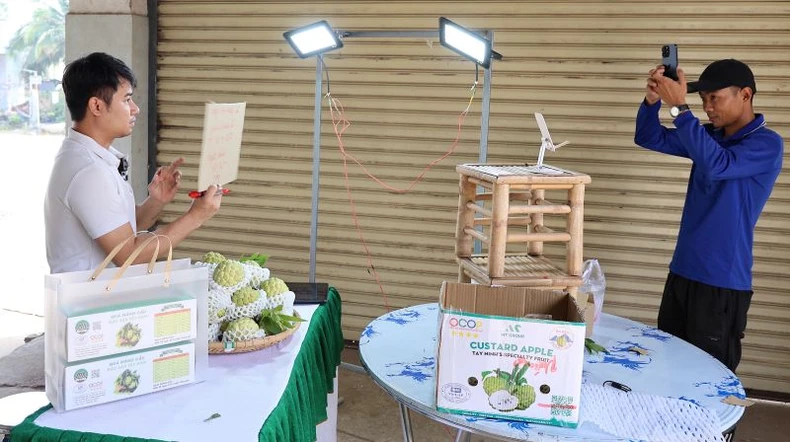
Mr. Le Minh Trung - Chairman of the Board of Directors of Minh Trung Agricultural Service Cooperative (left cover) livestreams selling custard apples on a digital platform. (Photo: HOANG YEN)
To find a solution, Ms. Cao Xuan Thu Van, President of the Vietnam Cooperative Alliance, said that the agency is currently coordinating with the Ministry of Industry and Trade to organize an exhibition of OCOP products of cooperatives, inviting international cooperative federations to participate in the exhibition and find consumption markets.
Currently, while the US is stopping funding packages, the Vietnam Cooperative Alliance will plan to organize and find other funding packages from Europe.
Currently, cooperatives are proactively seeking capital sources and promoting value chains, building cooperative models closely linked with businesses to solve product output problems.
Many cooperatives have also developed training programs associated with specific projects, with domestic and foreign experts accompanying and transferring technology right at the facility.

Chairwoman of the Vietnam Cooperative Alliance Cao Xuan Thu Van speaks at the Insurance Workshop for Agricultural Cooperatives. (Photo: VCA)
Thus, with current resources, overcoming institutional, financial, governance and chain linkage gaps will create a solid foundation, helping cooperatives improve their competitiveness and rise in domestic and foreign markets.
Along with that, cooperatives also strive to closely cooperate with businesses and ministries and branches to find output for products, bring good revenue, and support production.
Source: https://baotuyenquang.com.vn/nang-cao-tinh-canh-tranh-cho-cac-san-pham-hop-tac-xa-210422.html



![[Photo] Determining the pairs in the team semi-finals of the National Table Tennis Championship of Nhan Dan Newspaper](https://vphoto.vietnam.vn/thumb/1200x675/vietnam/resource/IMAGE/2025/5/21/eacbf7ae6a59497e9ae5da8e63d227bf)
![[Photo] Prime Minister Pham Minh Chinh attends the groundbreaking ceremony of Trump International Hung Yen Project](https://vphoto.vietnam.vn/thumb/1200x675/vietnam/resource/IMAGE/2025/5/21/ca84b87a74da4cddb2992a86966284cf)

![[Photo] Prime Minister Pham Minh Chinh receives Rabbi Yoav Ben Tzur, Israeli Minister of Labor](https://vphoto.vietnam.vn/thumb/1200x675/vietnam/resource/IMAGE/2025/5/21/511bf6664512413ca5a275cbf3fb2f65)






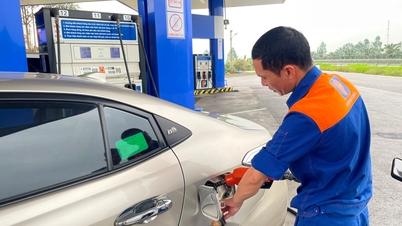



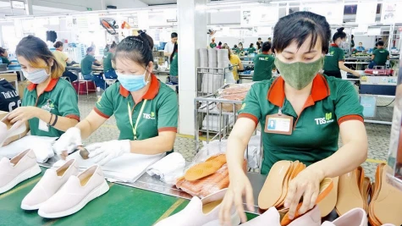

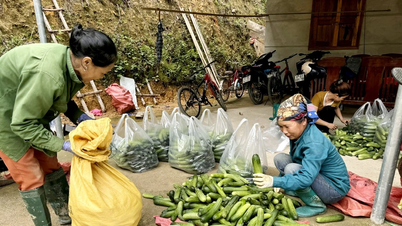






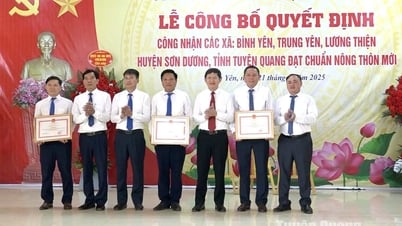


























































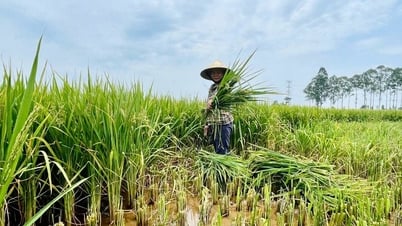
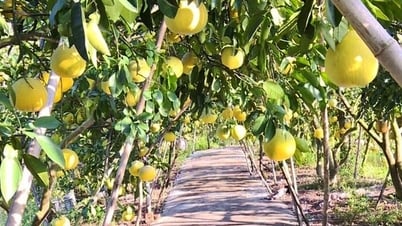

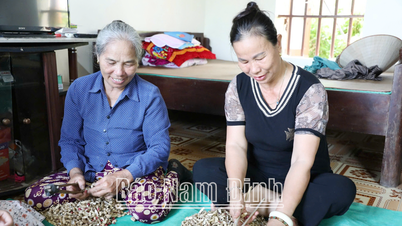











Comment (0)